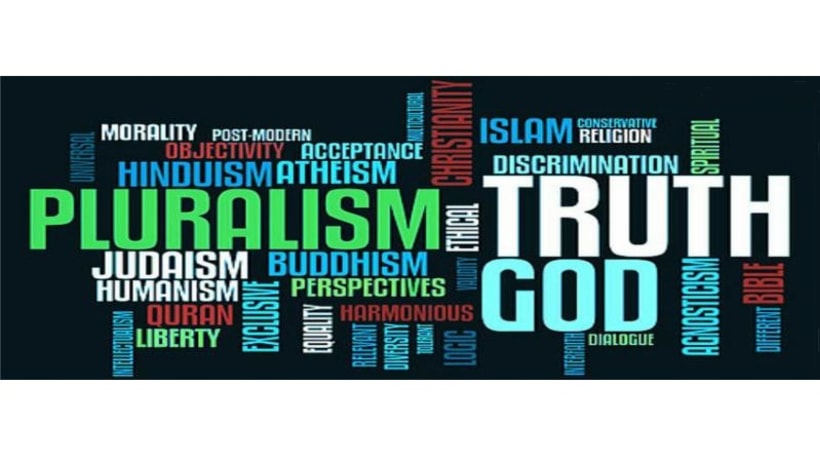Oasis Songs: Musings from Rav D
Friday, February 17, 2017 – 21 Shevat, 5777
This past Shabbat we observed the birthday of the trees known as Tu B’shvat. In recent decades, Tu B’Shvat has become the de facto day on which to focus on Judaism’s approach to environmental issues. This year that also coincided with Shabbat Shirah, the Sabbath of Song; it is called this because we read in the Torah the special poem that commemorates our successful crossing of yam suf, the Sea of Reeds.

As part of my personal preparation for those two occasions, I read sections from Perek Shirah. This is a tenth century work which I hadn’t encountered before. It celebrates God’s creation by “sampling” biblical verses; each animal associated with the land of Israel is singing out to God. The fly, the spider, the duck and goose, sea monsters, sheep, pigs and camels—all have a voice. So does the ant, the scorpion, the rat and snail. The sheer breadth by which all parts of creation sing their praises to God is a remarkable testament to the unknown author’s imagination and sensitivity to the natural world.
This awareness of the animals’ claim to a place in the world extends even further. In the composition’s introduction, a vividly rendered conversation occurs in which King David is feeling quite proud about finishing the Book of Psalms. He demands of God, “Is there any other creature in Your world who sings more praises than I do?!” At just that moment, a frog hops across his path and croaks, “Don’t be so haughty, David, for I sing more praises than you, and I am also food for another sea creature by which the verse and mitzvah in Proverbs is fulfilled, ‘if your enemy is hungry, feed him…’”
This passage grabbed me. One of the modern arguments for environmental concern springs from a notion that other creatures besides humans deserve consideration when we think about development. While I am familiar with that line of reasoning, it seemed a modern conceit. Yet here we encounter one of the Jewish people’s greatest heroes being upbraided by a frog. More than that, the frog’s purpose in existence is viewed as greater than the king of the Jewish people. This tenth century work is arguing that human concerns do not automatically get precedent over the natural world and that in certain respects the natural world is fulfilling the purpose of creation (living in a stance of awe and gratitude to the creation) more robustly than humanity. Other creatures besides humans have a right to gainful employment.
What a remarkable perspective! Those of us who are concerned about environmental degradation and how to wisely balance human concerns and needs (jobs, energy, development) with the natural world’s needs (wild habitat, species preservation, healthy ecosystems) will find this compelling for this reason alone. Yet I hear in this work two additional messages that seem quite timely.
The first lesson is about hakarat hatov. This is the Jewish value that teaches us to say thank you and appreciate the good that others perform. Spelled out in full, hakarat hatov literally means “recognition of the good” that others do. It is a deep human need to receive recognition and affirmation that we matter and are valuable to others. In essence, King David is asking for recognition of his creative endeavors, yet his request comes in a form that denies others their recognition. He’s not listening or paying attention to those around him. This sets up a negative chain of events. Not only does he not get the recognition he craves and needs, but a mere frog belittles him and demands all the kudos for itself. Whenever we set up a one-upmanship situation, we ought not to be surprised by this sort of outcome.
Taken as a whole, this passage also highlights how essential pluralism is for the successful functioning of society. Indeed, it’s not unreasonable to argue that the fullest translation for hakarat hatov might actually be pluralism. Unlike tolerance, pluralism assumes that diversity is a necessary component of universalism. It is our very hunger to find the universal that indicates we are all stuck in the particulars of our individual experience. This means that each person, group, animal even has an equal if different claim on the truth; but it does not mean that there is no truth.
In the weeks to come, I will share with you a few initiatives and thinking I have been working on. One is the Kindness Commons. The other is a longer statement on the role and value of pluralism within our community and with it, a set of agreements for ethical engagement in a pluralistic community. In a time when many of our congregants desire to take action in the public sphere, this will be a useful way for us to engage while respecting differences and acknowledging that each of us can be right without that making someone else wrong.
Warmly,
Rav D
Shabbat Table Talk
- Over the past week or two, have you engaged in hakarat hatov? What was the context? What was the outcome.
- Over the past week or two, have there been occasions when you withheld acknowledging the contributions of other in your work, home or social life? Do you know why?
- Do you feel that someone should have acknowledged your efforts recently but did not? How did you address that or otherwise take care of your needs for recognition?



